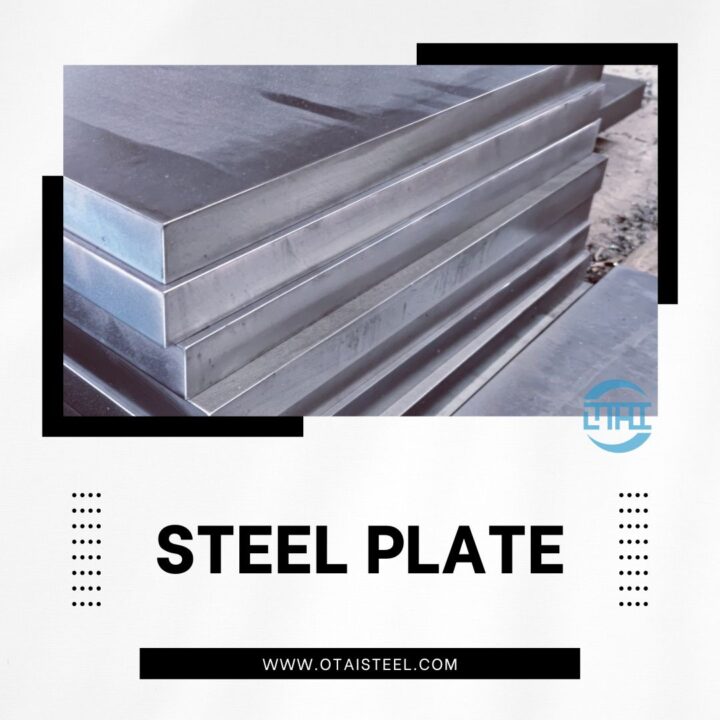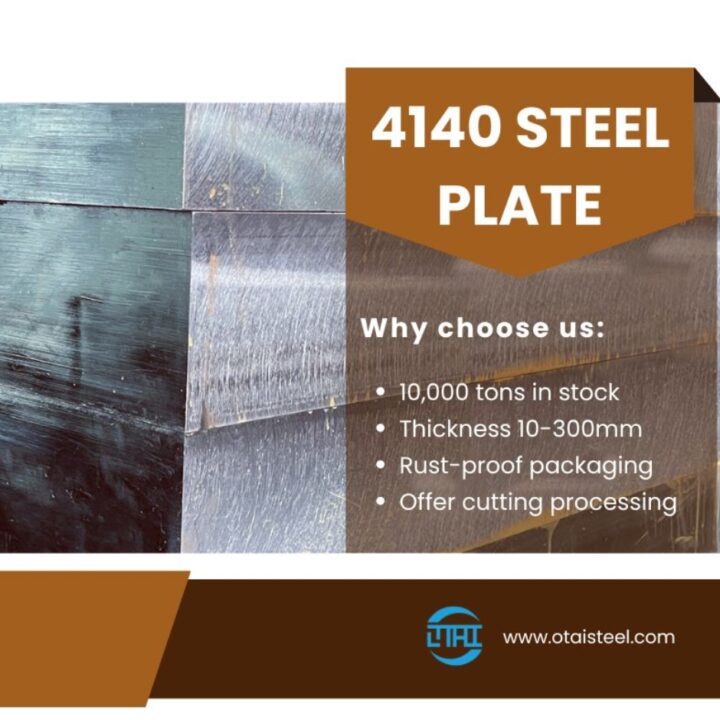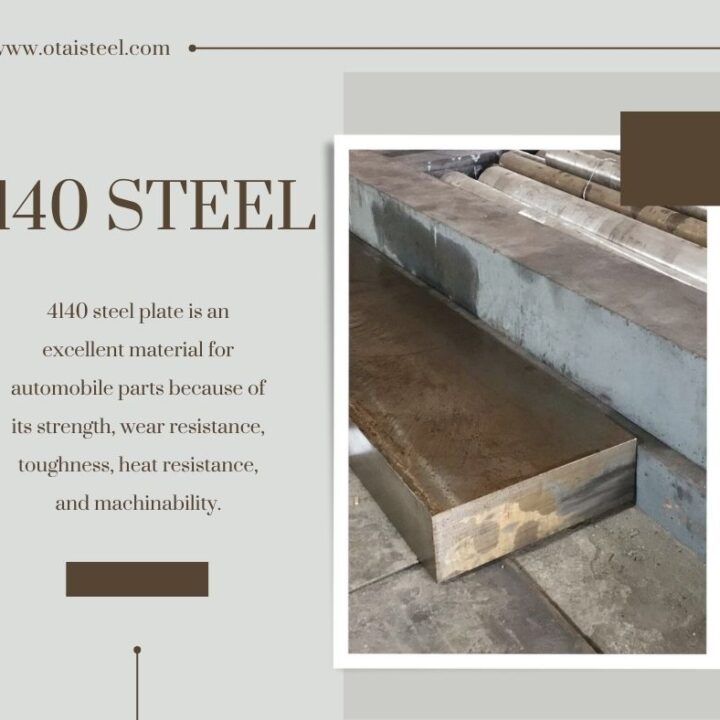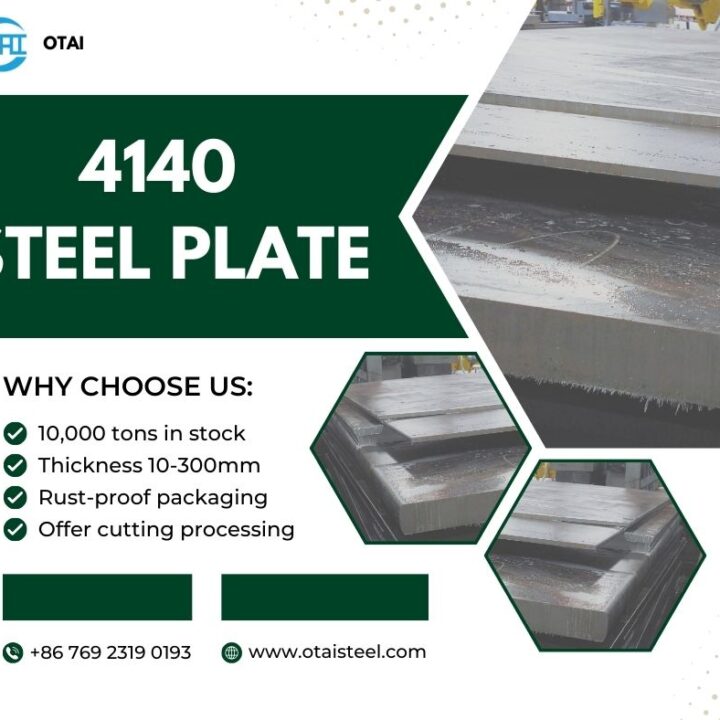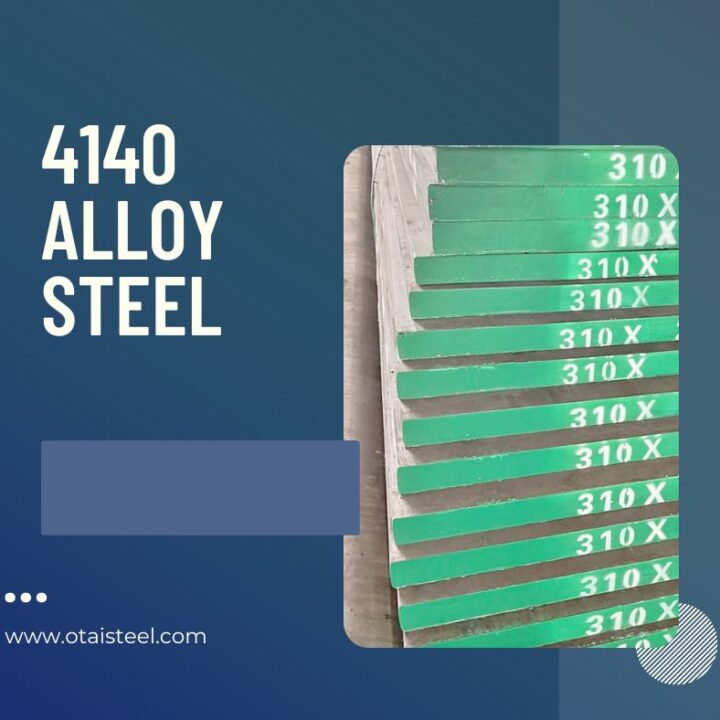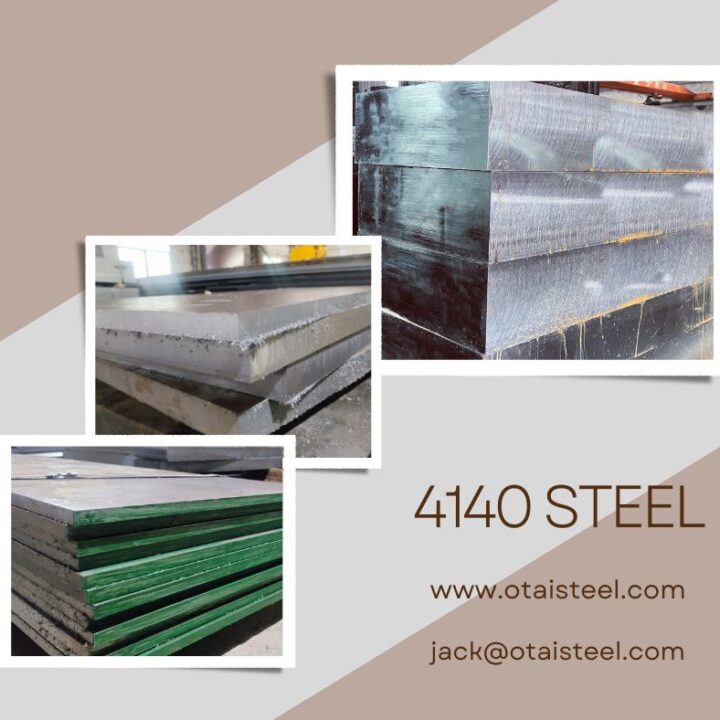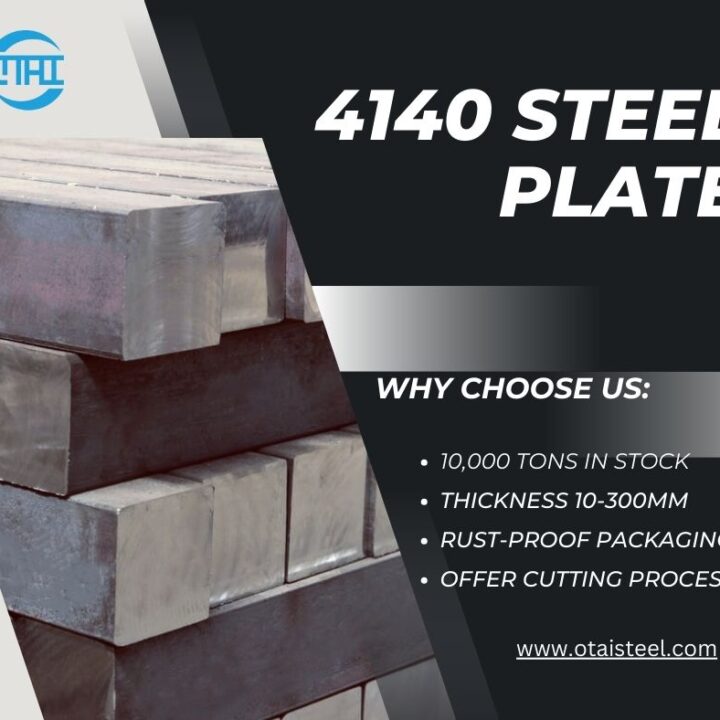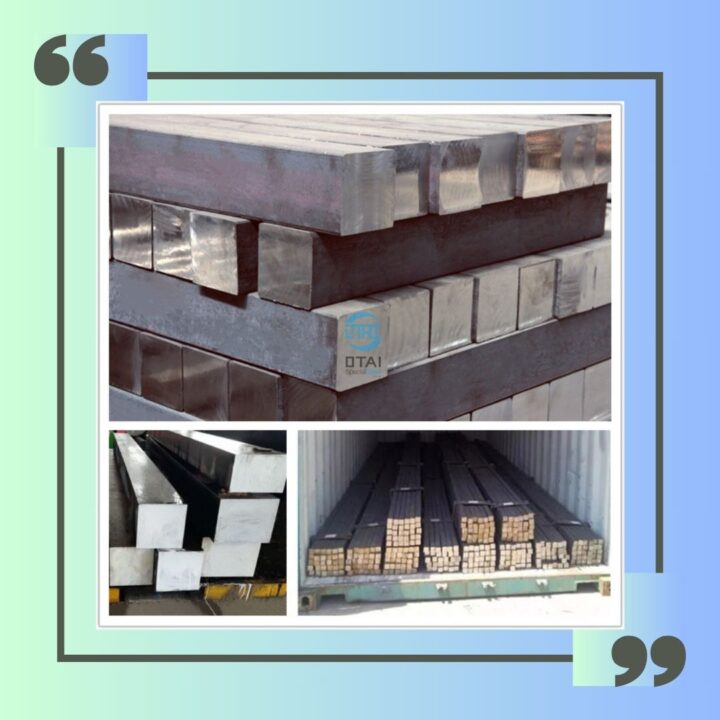4140 steel and 40Cr steel
Composition and Chemical Properties
4140 Steel
- 4140 steel is a low-alloy steel containing chromium, molybdenum, and manganese.
- Chemical Composition: C: 0.38-0.43%, Mn: 0.75-1.00%, Cr: 0.80-1.10%, Si: 0.15-0.35%, Mo: 0.15-0.25%
- It has good hardenability, high tensile strength, and toughness.
40Cr Steel
- A low-alloy steel with a higher carbon content.
- Chemical Composition: C: 0.37-0.44%, Mn: 0.50-0.80%, Cr: 0.80-1.10%, Si: 0.17-0.37%
- It has good hardenability and moderate strength and toughness.
Mechanical Properties Comparison
The mechanical properties of both steels play a crucial role in determining their performance in different applications.
Tensile Strength
- 4140 Steel: The tensile strength of 4140 steel typically ranges from 850 MPa to 1000 MPa.
- 40Cr Steel: The tensile strength of 40Cr steel ranges from 1000 MPa to 1300 MPa.
Yield Strength
- 4140 Steel: The yield strength of 4140 steel is around 650 MPa.
- 40Cr Steel: The yield strength of 40Cr steel is approximately 800 MPa.
Elongation
- 4140 Steel: Around 25%.
- 40Cr Steel: About 15%.
Impact Toughness
- 4140 Steel: 4140 steel exhibits good impact toughness, making it suitable for high-strength applications.
- 40Cr Steel: 40Cr steel has moderate impact toughness, making it suitable for certain structural applications.
Heat Treatment and Hardness
- 4140 steel can be oil quenched and tempered to achieve a hardness of 28-32 HRC.
- 40Cr steel can be quenched and tempered to achieve a hardness of 28-35 HRC.
Applications of 4140 Steel
- 4140 steel is commonly used in the automotive industry for axles, shafts, and gears.
- It finds applications in the manufacturing of machinery and equipment subjected to high stresses and loads.
Applications of 40Cr Steel
- Various mechanical parts and components.
- Manufacturing large-sized and medium-sized important parts in machinery.
Advantages and Disadvantages of Each Steel Type
Advantages of 4140 Steel
- Excellent strength and toughness.
- Good wear resistance.
- Suitable for high-stress applications.
Disadvantages of 4140 Steel
- Relatively higher cost
Advantages of 40Cr Steel
- Good hardenability and machinability.
- Cost-effective.
Disadvantages of 40Cr Steel
- Lower tensile strength
- Less suitable for high-stress applications.
Selection Factors for Specific Applications
The selection between 4140 steel and 40Cr steel depends on the specific requirements of the application.
- Requiring high strength and toughness, 4140 steel is preferred.
- For cost-effective applications where extreme strength is not a primary concern, 40Cr steel may be a suitable choice.
Real-World Performance and Case Studies
Case Study: 4140 Steel in Automotive Components
- In an automotive axle application, the use of 4140 steel resulted in increased durability and load-carrying capacity, leading to improved vehicle performance and safety.
Case Study: 40Cr Steel in Machinery Components
- In a medium-sized machinery component application, the use of 40Cr steel provided cost savings without compromising performance.
